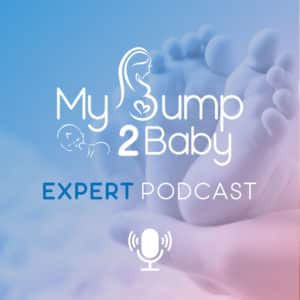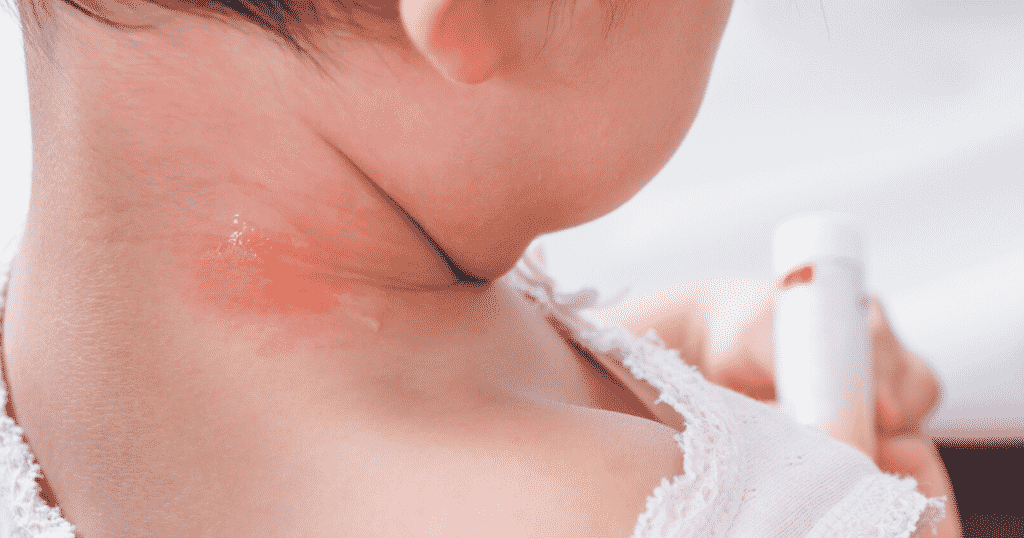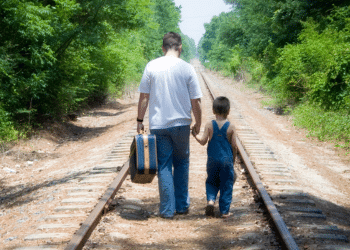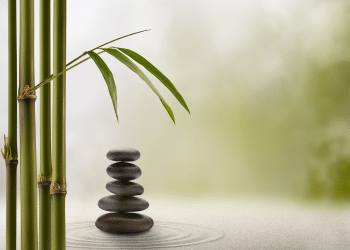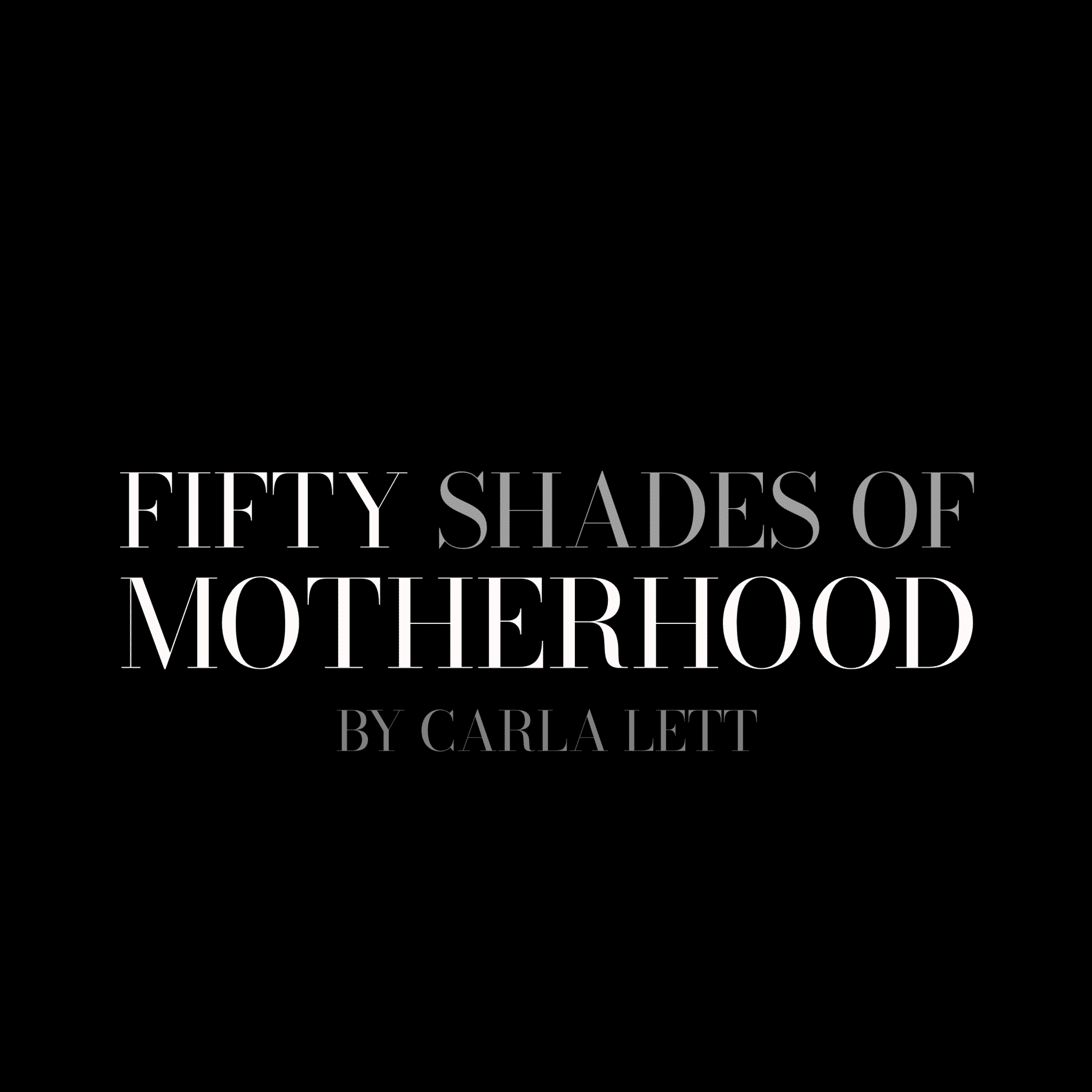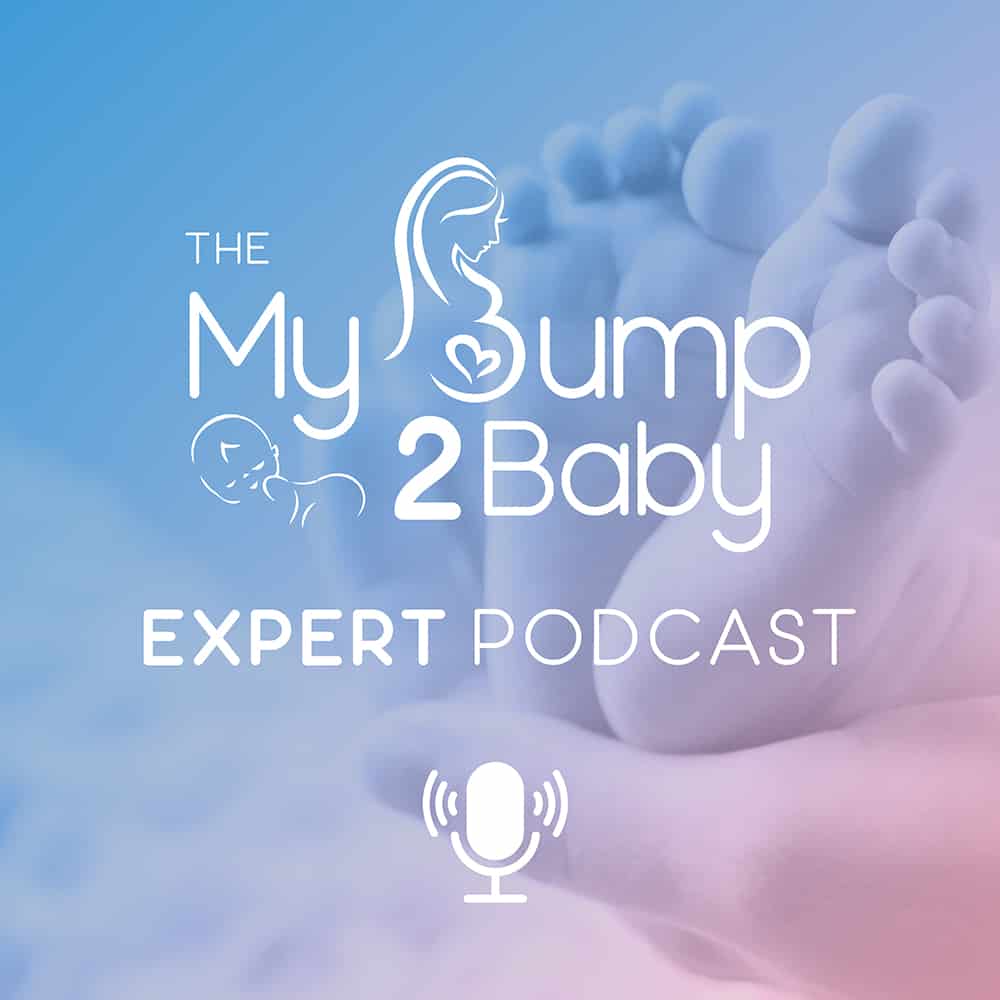- Tips for Toddlers with Eczema
Today on the MyBump2Baby expert podcast, we welcome on skincare expert and award-winning Dermatology Nurse Emma Coleman. Emma talks to us today all about toddlers with eczema. Emma covers commonly asked questions such as what is eczema, what causes eczema, how can eczema be treated, what is the best natural treatment to try? What to do if the natural treatments don’t work and tips to help toddlers with eczema around the house.
Here are Emma’s Social links and email:
www.emmacolemanskin.com
[email protected]
https://www.instagram.com/emmacolemanskin/
https://www.facebook.com/EmmaColemanSkin/
https://twitter.com/emmacolemanskin
Carla 0:08 : Hello, and welcome to My Bump 2 Baby Expert podcast where we bring experts from all over the UK to answer your questions on everything pregnancy to preschool.
Today is all about toddlers with eczema, and today I am joined by Emma Coleman, expert dermatology nurse. I hope you enjoy it.
So today on my bump 2 baby expert podcast we have the lovely Emma Coleman, who is a dermatology nurse and she is our expert today, so hello, Emma.
Emma 1:03: Hello.
Carla 1:04: How are you?
Emma 1:04 : Thanks for having me. I’m good. Thank you. I’m really good.
Carla 1:08: Good, good. Yes. So today’s episode is all about toddlers with eczema. This is something that I see a lot of parents asking around. So tell us a bit about you, Emma anyway, if you can start with.
Emma 1:20: So I’m a dermatology nurse. And basically what that means is I worked. I have left the NHS now but I worked in the NHS for 20 years and during that time, I had a period in general practice and I kind of became the unofficial official kind of Dermatology person. Because, you know, on a daily basis, we were inundated with cases of you know, people walking in with rashes of all ages, from babies to elderly, and we were having to diagnose I so I kind of I kind of ended up getting all those patients sent to my door. So that taught me a lot of hands on practical experience and then I completed a dermatology diploma as well.
Carla 2:04: Excellent.
Emma 2:05: Yeah. So now I run private clinics, which I really like because it gives me a lot more time to spend with with patients and clients who’ve got skin problems.
Carla 2:15: Excellent. Excellent. So, with with today’s episode with the toddler’s with eczema, can you explain a little bit about what eczema is?
Emma 2:25: Yes, so basically, it’s an inflammatory skin disorder, and there’s no clear cause to eczema. Which is why it’s so tricky to treat and manage. And it generally develops in the first year of life with children. And in developed countries around the world, it’s thought to affect up to 20% of children. This is thought to be due in part to higher levels of pollution in these countries. And sort of under normal circumstances, the protective skin barrier Which helps to protect our skin from allergens in the environment. Under normal circumstances this is kind of rich with lovely fats and lipids. And it helps to maintain normal cell activity which helps to keep our skin really moisturised and healthy. But in cases of eczema for some reason, the skin barrier stops functioning as normal and it becomes depleted and changed. And it’s not able to function normally anymore. And when we see dry skin developing in an infant or a small child, this suggests that the barrier is starting to struggle in some way, and it’s not able to play its role in in keeping the skin healthy. And as I said earlier, although the causes are not clear, what we do know is that there are strong genetic links so if there’s someone in the family who’s had eczema in the past, it doesn’t matter how far in the past it was they may have only suffered in childhood. Or if they have asthma or hay fever. Again, there are strong links there. The child is more likely to develop to develop eczema. And as I said earlier, there are also known links with allergies and around about 10% of children with eczema will tend to have a concurrent dust mites or animal hair allergy or even in some cases, food allergies as well. And most cases do kind of resolve by the age of 12 years. That’s the kind of line but I do see children in their adolescence as well and there’s probably a hormonal link there.
Carla 4:31 : Yeah.
Emma 4:32: Quite often children who are going to secondary school, they will experience a flare up due to the stress of going to secondary school. So there’s a lot of psychological things going on as well with eczema. I always think.
Carla 4:44: Emma, can can eczema be treated then?
Emma 4:48: It can be treated. Yes, absolutely. There is no you know, there’s no absolute cure. It’s more managing with eczema because what can happen is it can sort of flare up throughout someone’s life, but it can be treated in a number of ways. So, prescription medications are obviously kind of first line everyone kind of knows about these. So it’s kind of topical steroids and emollient creams. And what these do, they can be applied directly onto the skin and they can also be used in bath water quite often with toddlers. And what these do they help to deal with the inflammation at the skin level and also they help to hydrate the skin and seal moisture in. If these are not effective there’s kind of a second line of treatments called calcineurin inhibitors, which are a bit stronger a bit more hardcore, especially if the eczema is on the face. In a toddler these may be used because they don’t have the skin thinning side effect which steroids have and what they hope to do is help to reduce the body’s immune response which is one of the reasons why the skin is reacting in the way that it is which causes the dryness, the irritation, the redness and also the itching. So it helps to calm that down. If a toddler has kind of weeping eczema, the skin may be infected and oral antibiotics may be necessary. And in certain cases, well anti histamines may actually help especially at this time of year where there’s a lot of pollen in the air, and this could be causing irritation to the skin. So anti histamines it’s in certain cases could also help to calm down itching.
Carla 6:30: So is there any natural treatments that you can recommend to parents or or that they, you know, could try?
Emma 6:38: I do have quite a few.
Carla 6:41: Yeah.
Emma 6:41: I do have quite a few which I can share with you. There isn’t really anyone that I would recommend and say this is what you need to do. Because I think every child is individual, but there are lots of things that parents can do. And I think of eczema as kind of fire fighting. There are lots of things that you can do around the home and things that you can give your child. So the first thing is you can start them on a course of symbiotics. Now, these are a combination of pre and probiotics and there are toddler options on the markets. And what these do is actually balanced the gut health. There are lots of links between skin and gut health. There have been lots of studies around this. So that’s one thing and I always like to point out that it’s nothing that the parents have done wrong, it’s nothing that they’ve given their child. It’s just the way that the child is. And moving on from that Omega six can also help to improve eczema and evening primrose oil is a supplement which I recommend for toddlers a lot. And the only thing to realise with supplements is obviously they don’t they’re not a quick fix. They take a couple of months to kick in. So if someone has a child and they’re using prescription medications, they should continue those and then start them on the supplements alongside and the plan would be that over time that they would need the prescribed medication less and less. Another thing parents can try is if their child is prescribed an emollient cream, they can mix it with a little bit of sunflower or rapeseed oil in the palm of the hand before they apply it. This will help the skin barrier function. And also itching gets worse at night and sort of as the sort of early evening and into the into the night time and this can disrupt sleep for the toddler. And the reason this happens is because cortisol levels drop at night and the natural way of relaxing the toddler ready for bed. But what this does is it kind of causes the itching to flare up because cortisol is a natural anti inflammatory hormone that we make naturally in our bodies. So I always tell parents to invest in an Air Humidifier. They’re not very expensive, you can buy one online really easily and it just helps to keep the air really moist in the bedroom and it will be keep the child a little bit more comfortable. And obviously using cotton bedsheets and avoiding anything scented for personal products for the child. I remember once I saw a family and they were using a well known kind of world wide, globally known baby brand on the child and they just, I told them to stop it immediately because it’s just you know, it’s got man made chemicals and fragrances in it.
Carla: You know with the humidifier. Can I just ask your question on that? Is that used all year round or would you just say in the summer months?
Emma: All year round, I mean, especially actually in the winter months because radiators will be on. What that does is it just dries the air enjoys any moisture out of the air radiator heat. It’s a real killer for eczema actually. And that’s when a child will start to feel that horrible burning sort of sensation, the itching and the burning. So especially, sorry, in the cooler months, but all year round I would say.
Carla 10:04: Yeah, no, that that makes a lot of sense. So, so sun creams, is there anything you could recommend for toddlers? Or any that you think would be good?
Emma 10:15: The sun cream?
Carla 10:16: Yeah, because I have had a few people that have said around sun creams, their child’s skin tends to flare up. I don’t know whether that’s the linked to eczema or not?
Emma 10:25: So I like green people. I mean, I’ve got three sons, two of them had toddler eczema, so I do, you know, and so I had the same problems. I always used green people, products, and they actually do an unscented version. And they’re always really, really good. They never flared up my son’s skin.
Carla 10:46: Did they flare up on holiday and stuff with other sun creams, did they?
Emma 10:50: Yeah. In particular, my eldest son, I mean, he’s nearly 20 now, but he Yeah, in particular with him. I had to be very, very careful what I put on his skin so, yeah, I would I would even say avoid essential oil, anything with essential oils in because essential oils as much as they lovely they do contain allergens. So try to go for the unscented green people option.
Carla 11:16: Okay, that’s, that’s excellent. That’s excellent. So Emma, tell us a bit about more about where people can find you then and what you specialise in, and we can put them on the show notes.
Emma 11:28: Okay, lovely. Um, so I work at clinics in Kent and London. So I do, obviously, with the recent lockdown and everything. I’ve got a lot better doing online consultations. And then what I can do is I can email so I can email plans and things like that. I provide support because my approach is very holistic as much as I’m a medical person, and there is a place for prescription creams and things like that for eczema. There is also a place for all the other things I’ve mentioned and I quite often do things like I can put diet recipe plans together for families. And so, my, my sort of my main interests, obviously I see a lot a lot of people of all ages with eczema but I do also specialise in hair loss, acne and psoriasis, plaque psoriasis as well. Another common problem, rosacea as well. So, yeah, I’m kind of they’re kind of my main passions and interests.
Carla 12:35: No that’s what that’s really interesting. Well, thank you so much for your advice, Emma. And it was really interesting finding out about everything around eczema. It’s not something my little one has suffered with, but I’ve got quite a few friends that’s toddles are suffering with eczema, so I’m sure they’ll find this very, very useful.
Emma 12:53: Thank you. Oh, I hope so. I really hope so because it is it’s a tricky one. For sure.
Carla 12:58 : Thank you very much, Emma. Emma, what we’ll do is we’ll put Emma’s links to her website and her social media in the show notes. So thanks so much for coming on.
Emma 13:09: You’re very welcome.
Carla 13:09: Thank you.
Thank you for listening to My Bump 2 baby expert podcast. If you would like to find help and support from experts in your local area, head over to www.mybump2baby.com and you will also be able to find local pregnancy to preschool groups, classes, businesses and services in your local area.
This podcast is sponsored by my bump 2 baby family protection and legal directory. Being a parent is such a minefield. It’s so difficult deciding who to select when it comes to financial advice or family law solicitors. My bump 2 baby works with one trusted financial advisor and one trusted Family Law solicitor in each town throughout the whole of the UK. To find your nearest advisor, or family law solicitor, head over to www.mybump2baby.com/familyprotectionlegal.

